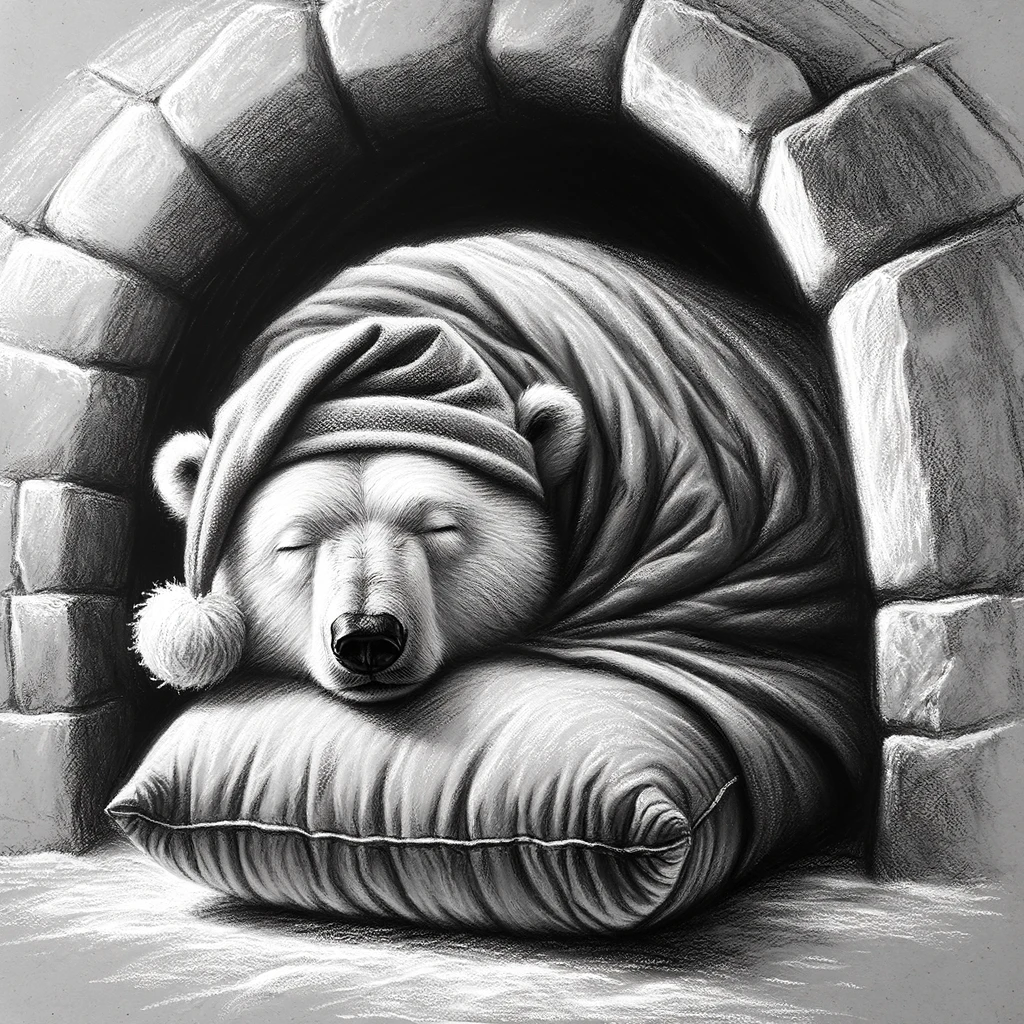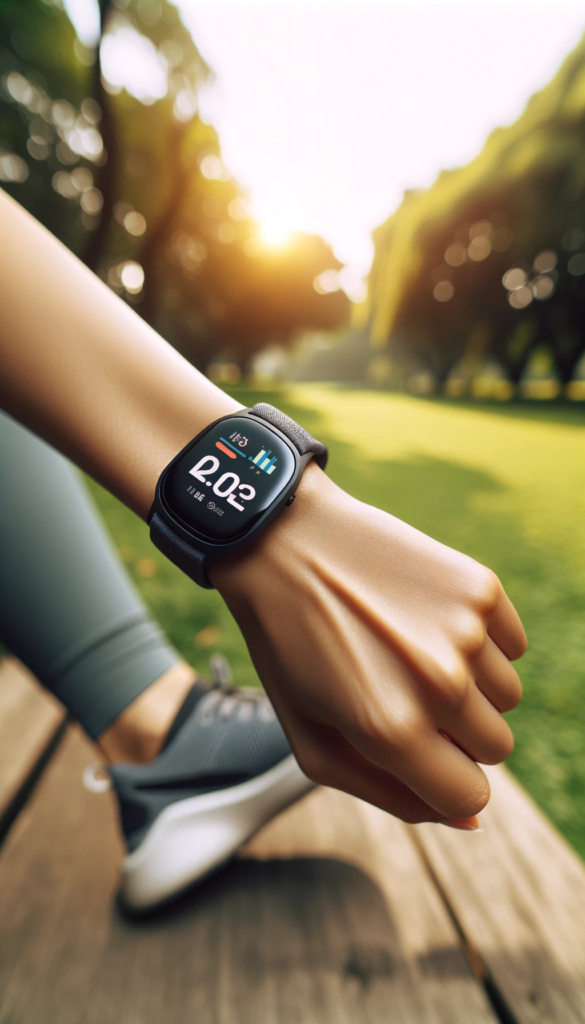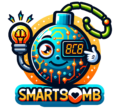
From the ancient theories of Hippocrates to the pioneering sleep research by Nathaniel Kleitman in the 20th century, our understanding of sleep has always been a journey of discovery.
The evolution of sleep research has shifted from mere observation to a more scientific approach, uncovering the complexities of sleep cycles and their impact on our health. The origins of sleep tracking can be traced back to the early days of sleep studies, where bulky equipment in sleep labs was the norm.
Today, the advent of wearable technology and smart devices has revolutionized how we monitor our sleep, making it accessible, non-invasive, and part of our daily routine.
Sleep Tracking Tools: A Comprehensive Guide

- Apple Watch Series (with Sleep app):
- Tool: Apple’s Sleep app integrates with the Apple Watch, tracking sleep patterns using motion and heart rate sensors.
- Cost: Starting around $399 for the latest Apple Watch.
- Purchase: Available at Apple stores, online, and various retailers.
- Pros: Seamless integration with Apple’s ecosystem, user-friendly interface, and comprehensive health tracking.
- Cons: Requires an iPhone, relatively high cost, and less focus on detailed sleep analysis.
- Samsung Galaxy Watch (with Samsung Health):
- Tool: Samsung Galaxy Watch offers sleep tracking through the Samsung Health app, using sensors to analyze sleep stages.
- Cost: Typically around $250 to $400, depending on the model.
- Purchase: Samsung’s website, electronics retailers, and online stores.
- Pros: Good battery life, detailed sleep stage information, and stress tracking features.
- Cons: Compatibility mainly with Samsung smartphones and limited third-party app support.
- Oura Ring:
- Tool: A discreet ring that tracks sleep, activity, and readiness using body temperature, movement, and heart rate data.
- Cost: Ranges from $299 to $399.
- Purchase: Online through Oura’s website.
- Pros: Highly accurate sleep tracking, comfortable to wear 24/7, and offers detailed health insights.
- Cons: High price point and lacks a display or additional smart features.
- Whoop Strap:
- Tool: A wrist-worn fitness tracker focusing on recovery, strain, and sleep tracking using heart rate variability and other metrics.
- Cost: Membership-based, starting at $30/month.
- Purchase: Directly from Whoop’s website.
- Pros: In-depth analysis of sleep quality and recovery, robust community features, and excellent for athletes.
- Cons: Subscription model can be costly over time, and no screen on the device.
- Fitbit (Various Models):
- Tool: Fitbit devices offer comprehensive sleep tracking with insights into sleep stages, sleep score, and restfulness.
- Cost: Ranges from $100 to $300, depending on the model.
- Purchase: Available at most electronics retailers and online.
- Pros: Wide range of models to choose from, strong community support, and integration with a broad health ecosystem.
- Cons: Accuracy can vary between models, and some features require a Fitbit Premium subscription.
- Garmin Wearables:
- Tool: Garmin’s range of smartwatches provides advanced sleep tracking along with fitness and health monitoring.
- Cost: Starting from $150 to $1,000, depending on the model and features.
- Purchase: Garmin’s website, sports and electronics stores, and online platforms.
- Pros: Durable designs, extensive fitness tracking features, and long battery life.
- Cons: Some models can be pricey and bulky, and sleep tracking is not as detailed as some competitors.
Smartphone Sleep Tracking Apps: Harnessing the Power of Your Phone

Beyond the realm of wearables, your smartphone can be a powerful sleep tracking tool, thanks to a plethora of apps available for both iOS and Android. These apps utilize the phone’s built-in sensors to monitor your sleep patterns, often requiring you to place the phone on your mattress while you sleep. They track movements and sounds to analyze sleep quality and duration.
- Sleep Cycle (iOS & Android): This popular app analyzes your sleep patterns and wakes you up during the lightest sleep phase, ensuring a refreshing morning. It offers detailed statistics and sound recordings.
- Sleep as Android (Android): Known for its versatility, this app not only tracks sleep but also records talking or snoring and integrates with several smart home devices for a comprehensive sleep experience.
- Pillow (iOS): Exclusive to Apple devices, Pillow syncs with your Apple Watch or uses your iPhone to provide detailed sleep analysis, heart rate tracking, and audio recordings.
- SleepScore (iOS & Android): Utilizing sonar technology, this app measures the quality and quantity of your sleep without needing to place the phone on your bed, making it quite user-friendly.
- Relax Melodies (iOS & Android): While primarily a relaxation and sound app, it offers sleep tracking functionalities, making it a great choice for those who need help falling asleep.
These apps often come with additional features like smart alarms, sleep notes, and tips for improving sleep. While they might not be as accurate as dedicated wearables, they offer a great starting point for anyone looking to gain insights into their sleep patterns without additional costs. As with any tracking tool, pairing these apps with good sleep hygiene practices can significantly enhance your sleep quality and overall well-being.
The Role of Sleep Hygiene in the Digital Age
Understanding your sleep patterns through these tools is just one part of achieving better sleep. Implementing good sleep hygiene practices is equally important. This includes maintaining a consistent sleep schedule, ensuring a comfortable sleep environment, avoiding caffeine and electronics before bedtime, and incorporating relaxation techniques into your routine.
For those looking to delve deeper into optimizing their sleep, trustworthy resources include:
- Sleep Foundation (sleepfoundation.org): A comprehensive resource offering evidence-based information and tips on sleep health.
- National Sleep Foundation (thensf.org): Offers detailed research and articles on sleep science.
- Harvard Health (health.harvard.edu): Provides medically-reviewed articles and guidance on sleep and overall health.
- Mayo Clinic (mayoclinic.org): Offers expert insights into sleep disorders and healthy sleep practices.
- Sleep.org (sleep.org): An informative portal with practical advice on improving sleep quality.
In conclusion, while deciding on the best sleep tracker depends on individual needs, preferences, and budget, integrating them with good sleep hygiene can significantly enhance the quality of your sleep.
Consider what might be the best sleep tracker app to use with your device, and learn about what each app has to offer before deciding which tool makes the most sense to you.
Some sleep tracking apps may simply use your cell phone to track your sleep! Whether you’re an athlete, a busy professional, or someone seeking to improve their overall health, there’s a sleep tracking tool out there that’s perfect for you.
Remember, the key to unlocking the best sleep of your life might just be a wristband or a ring away!
